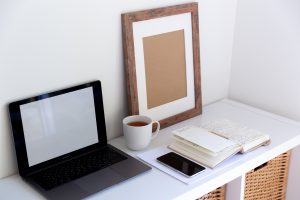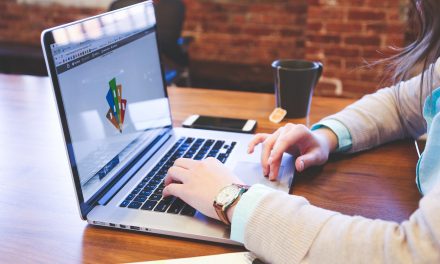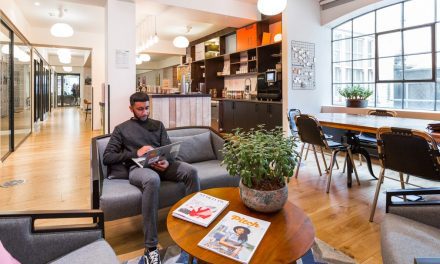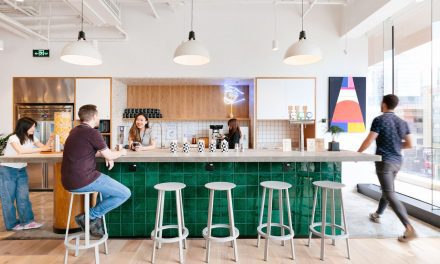While some of us are getting back to business as usual in our coworking spaces, many professionals are seeking new ways to work. This could be a redesigned, socially distant workspace, or a remote one. If recent events have taught us anything, it’s that remote work is here to stay.
Whether you’re currently working from home, are hoping to make the transition to a remote workplace, or still trying to decide if remote work can work for you, we’ve gathered a few ways to help you stay healthy in a remote work environment.
Follow Recommended Guidelines
We’re all aware of the current state of affairs, and have probably become sick of hearing about it, but it is still important to take the necessary precautions, even while working remotely. Washing your hands for at least twenty seconds, wearing a mask in public, and maintaining other responsible social distancing measures will decrease the likelihood of contracting or spreading illnesses.
Your company may also have their own sets of guidelines in place. Talk with your employer’s human resources department to see if they have any additional guidelines or recommendations for your specific situation. They may be able to provide you with the solutions you need to continue working in isolation.
DIY Your Own Workspace
With 83% of workers stating that a remote work opportunity would make them feel happier at their job, it’s important to understand what a remote workplace looks like. In reality, it is often not much different from your on-site job: you work the same amount of hours, you complete many of the same tasks, and you’re plugged into your work devices. What is different about working remotely is the environment.
No matter where you are working from, make sure you create a designated area to use as your remote workspace. This could be a spare room, a corner of your flat, or your back patio. Of course, one of the advantages to working remotely is that you are able to be more mobile. If you have the flexibility to change your location just remember your priorities. Working poolside or in a coffee shop may sound like a great idea, but having an environment free of distractions could be the difference between meeting and missing that upcoming deadline. Having a calm, clean, and distraction-free space to work in will keep you focused and can even help your mental health.

Use Technology for Minor Afflictions
Seeing your primary physician for anything less than a severe illness may not be something you are comfortable with at this time. Maybe you have joint pain, migraines, or seasonal allergies and do not feel the need to see your doctor. Try using a mobile delivery app to have your over the counter needs delivered to your workspace. You can also use other health monitor apps to help you keep track of everything from your diet and exercise to your sleep cycle.
If you do feel the need to speak with a health professional but would rather not physically go to a doctor’s office, there are other options. One example, Telehealth, has recently expanded their range of services to ensure every patient has the access they need while maintaining social distancing. Speaking with a physician will help you determine whether you do need to seek in-person healthcare or if you are able to remain in the safety of your home.
Establish a Daily Routine
When you work on-site, you probably have a set daily schedule. It’s likely become second nature by now. Working remotely shouldn’t be treated any differently. Create a rigid schedule for when you wake up and when you take your meals and breaks. Block out your workload so it isn’t so overwhelming. Do your best to treat your remote work as you would on-site. By replicating as much of your routine as you can while working from home, you’ll find that you feel like you are at work rather than at home or on vacation.
Be sure to set healthy boundaries for yourself, too. It’s more relevant now than ever to learn how to create a healthy work/life balance. On one hand, just because you are not at the office doesn’t mean you lose your professionalism. On the other hand, don’t forget to separate yourself from your work. An added benefit of having the previously mentioned designated workspace is that you can walk away from it at the end of your workday. Otherwise, you run the risk of only thinking about work while you are at home.
Conclusion
At the end of the day, we all have a personal responsibility to take care of our well-being. Even when working from home, it is important to be conscious of our individual health needs. Keeping your home safe and clean, creating a designated workspace, using digital tools to get the medical support you need, and maintaining a solid work/life balance will have you well on your way to staying healthy while working from home.









